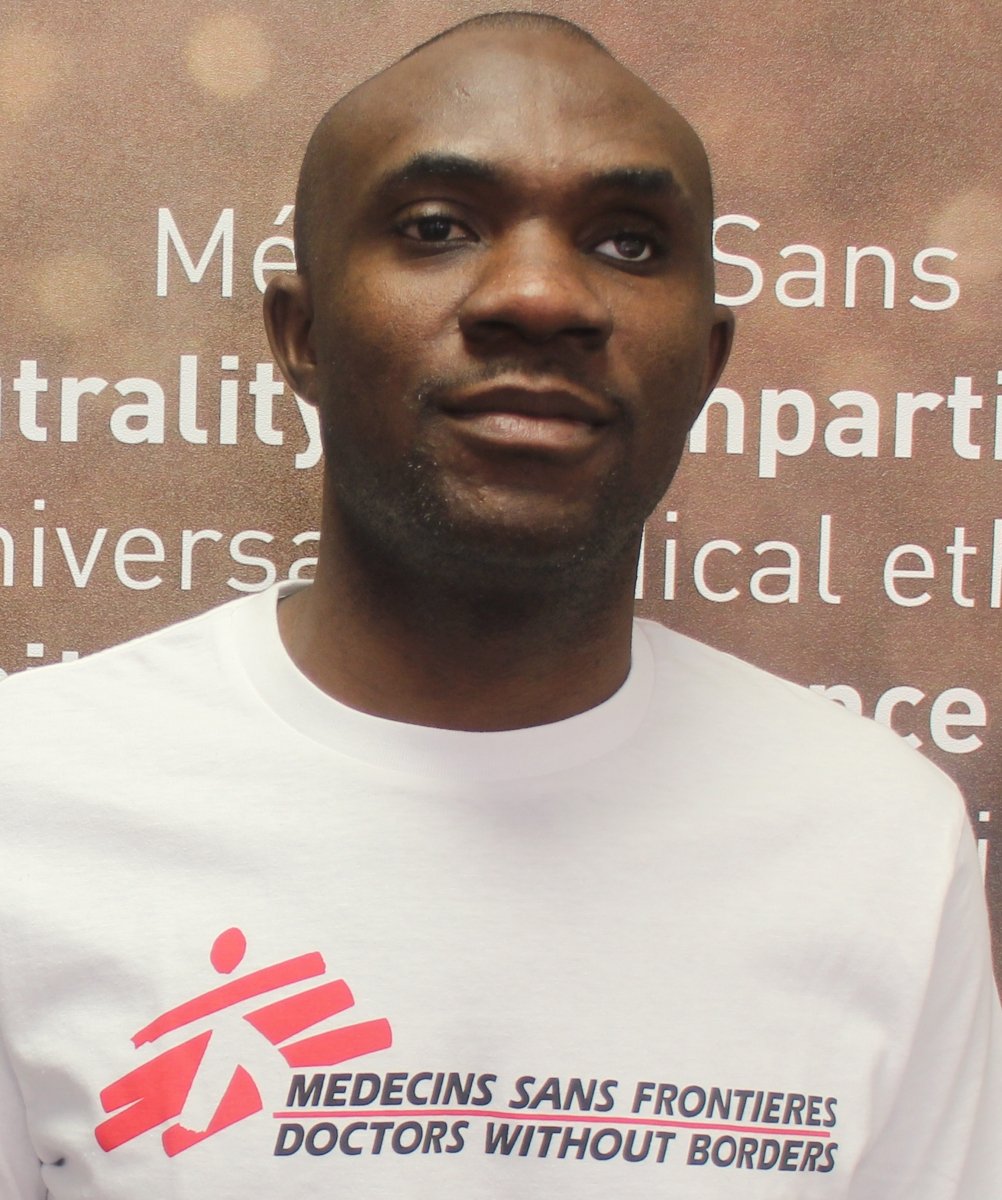Ruphas Kafera, aged 37, who hails from Zimbabwe recently landed in Nigeria’s crisis hit Borno State, to help people suffering in wake conflict between Boko Haram and the military. He is there to supervise part of MSF’s water, sanitation and hygiene services in camps for internally displaced people.

Over 500,000 people are either displaced or cut off from the outside world in enclaves in the area around Maiduguri, Borno State’s provincial capital. Children, women and men live in catastrophic conditions and face a nutrition crisis.MSF teams are on the ground responding with medical care, provision of food and clean water.
As a water and sanitation manager, Ruphas’s knowledge and skills are critical to tackling this massive crisis. It has always been his passion to work for MSF and use his skills to better the lives of people in so much need.
“Providing safe water and proper sanitation is critical to reducing the risk of illness in the camps,” says Ruphas. “Poor sanitary conditions expose people to disease causing vectors like flies and rats that increase the risk of diarrhoea through contaminated water and food.”
When someone is malnourished, it’s very important that they have access to safe water and proper sanitation facilities because with already weakened or compromised immune systems they are at higher risk of water-borne and water-related diseases like typhoid, dysentery and scabies.
“In turn, these diseases lead to the loss of micro- nutrients in body through diarrhoea thus exacerbating their malnutrition,” Ruphas explains. “Working in Borno State I’ll learn and do more about the links between malnutrition and water and sanitation.”
Ruphas has extensive experience in working on WATSAN projects, having responded to a cholera epidemic at Beitbridge Border in Zimbabwe from 2008 to 2009. He also worked on the water and sanitation needs of internally displaced people sheltered at Chingwizi holding camp after flooding around Zimbabwe’s Tokwe-Mukosi dam. “I’ve only ever worked in Zimbabwe, and I’m very aware that while here in Nigeria, I’ll always have to respect and be in line with people’s culture and traditions.”
Ruphas will supervise teams responsible for the adequate supply of quality water to the camps through a boreholes and municipal water sources. “We will place water tanks in the area to provide enough clean, sufficient water per capita. Each person is given a set amount of water for their drinking, bathing and cooking needs (normally 15-20 litres per person per day). The sick require more volumes of water each day because of their compromised immune systems.”
In addition to ensuring water supply to the camp, he is also responsible for continually checking water quality remains high eliminating contaminants and setting constructing latrines and a sewage and waste management system.
Find out more about MSF's work in Nigeria.